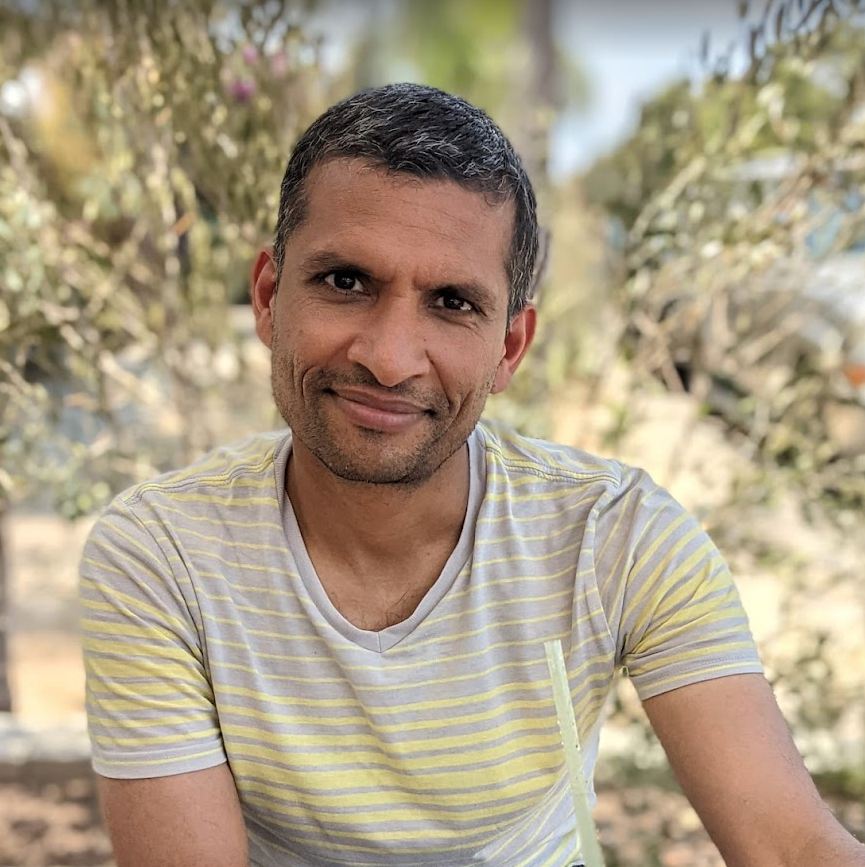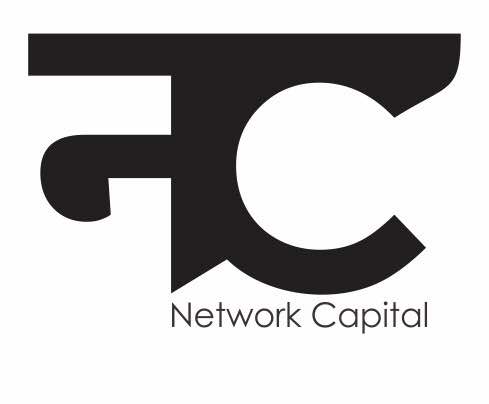Hard Conversations Made Easy
Were you ever not promoted or not gotten a raise at work because you did not ask for it?
Did it happen after you had worked for it, and wanted to ask for these things?
Did a friendship or a relationship (personal or professional) fade away from your life because you did not have a conversation that needed to be had?
Did it happen when you had intentions to keep the friendship/relationship?
Have you ever committed enthusiastically to doing something, but had a hard time following through when the time came to execute it (e.g., a habit, exercise routine etc)?
Has it happened for something that was very important for you?
Course content
Yogi Sharma

Logistics
- March 21st to April 22nd (5 weeks)
- Coaching call: once a week with concept, explanation, and Q&A ~ 1-1.5 hours
- Office hours: 1-2 times per week, depending on timezones
- Videos explaining concept, several, 2-10 minutes long
- Individual exercises to go deeper into the concepts
- You will be assigned to a group of 2-4 fellow students who will help and support each other. You will be meeting in these short groups weekly.
- Scholarships are available on a case-by-case basis to cover up to 50% tuition. Please reach out if you need financial support.

